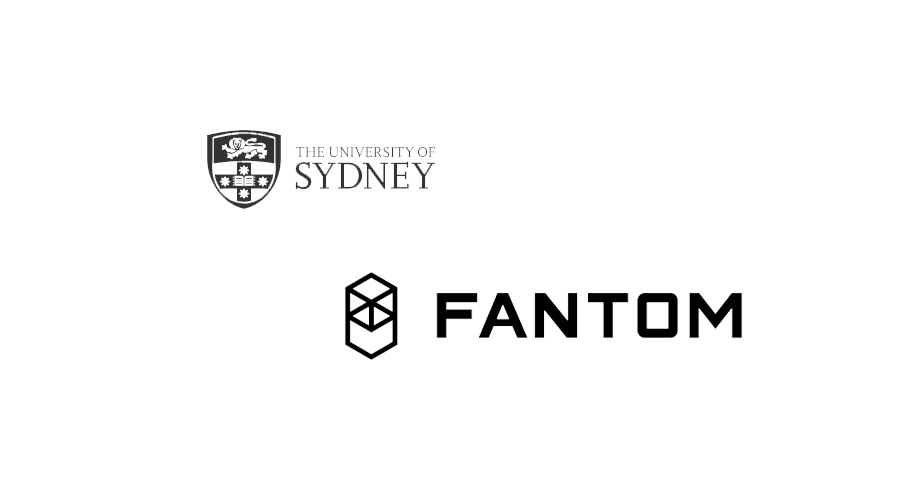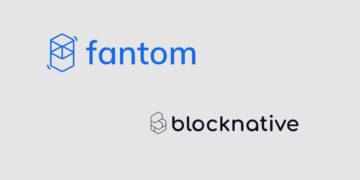Fantom (fantom.foundation), a secure DAG-based smart contract platform for real-time cryptocurrency payments, has announced a research partnership with The University of Sydney (USYD), including a donation to the University’s Faculty of Engineering and Information Technologies.
Led by University of Sydney Associate Professor of Computer Science, Bernhard Scholz, the initial funding will support a dedicated research group in building a new programming toolchain for the community and Fantom through open source research and software artifacts. The aim is to create automatic bug-checking software for safer smart contract development.
Commenting on the partnership, Prof. Scholz said: “With the incredible research grant and support that we’ve received from Fantom, this project will help the University of Sydney deliver research papers and software artifacts, and provide unique blockchain-related research opportunities in higher education
“As educators, it’s our job to provide students with as much experience and as many tools as possible to succeed in the industries of today. Blockchain has played a dominant role in the evolution of programming, and we look forward to contributing its advancement through our work with Fantom,” he concluded.
“With a market capitalization of over $200 billion, the need for increased security in cryptocurrencies and distributed ledgers is paramount. From multi-million dollar hacks to wallet freezes, we have seen that poorly-written smart contracts have disastrous consequences for the entire industry. This partnership will enable safer smart contract programming while also providing the hands-on experience necessary to drive blockchain innovation and development.”
Fantom’s research partnership will focus on four areas:
- Programming methodology for smart contracts: This requires education for programmers, including tutorials, and is an area that will grow in importance as the programming environment for blockchains is developed.
- Programming language for smart contracts: The current smart contract programming language, Solidity, is unsuitable as it has no strong type system. The research question, therefore, is how to extend Solidity so that it becomes safer to use.
- Verifying compiler: A verifying compiler is needed that translates Solidity (or an extension of it) to a virtual machine.
- Virtual machine: A new virtual machine is required that is energy efficient and has a compact bytecode format. Ultimately, the virtual machine should be verifiable.
To achieve these aims, the funds will sponsor PhDs, postdocs, and professors, and will address the current lack of blockchain-focused research and initiatives in higher education, providing developers with the hands-on research experience necessary to develop programming language techniques and formal methods.
“As we look to accelerate the mainstream adoption of blockchain technology, several key technical challenges need to be addressed, including issues with security, scalability, and high-energy consumption. To kickstart this process, the industry needs to start placing a heavier emphasis on blockchain-focused research and academia, which it desperately lacks. Fantom is very excited to partner with the University of Sydney, as we believe the experienced faculty and talented students are uniquely qualified to improve smart contract functionality and create a new programming language that can help advance the entire ecosystem.”
The partnership follows Fantom’s recent expansion into Australia — the first destination in its global expansion outside of South Korea in the Asia-Pacific region. With a strong developer community, innovative culture, and supportive government, Fantom has committed to building and deploying its technology in Australia working alongside local communities, enterprises, and regulatory bodies.
The collaboration also follows the recent publication of a co-authored research paper in OOPSLA Core A* by Assoc. Professor Scholz and former student, Michael Kong, who is the Chief Information Officer (CIO) of Fantom. The publication was titled “MadMax: Surviving Out-of-Gas Conditions in Ethereum Smart Contracts” and was given a distinguished paper award, a rare honor that few papers receive.






















